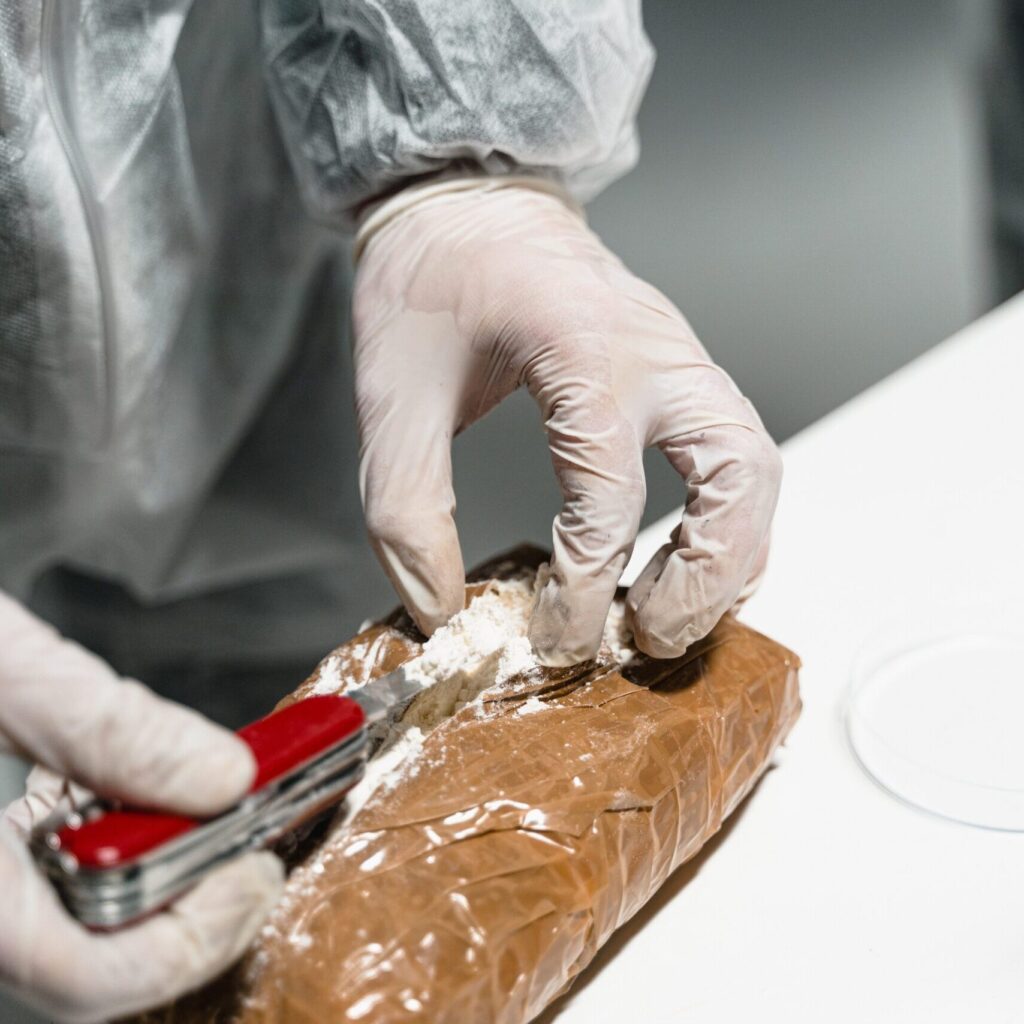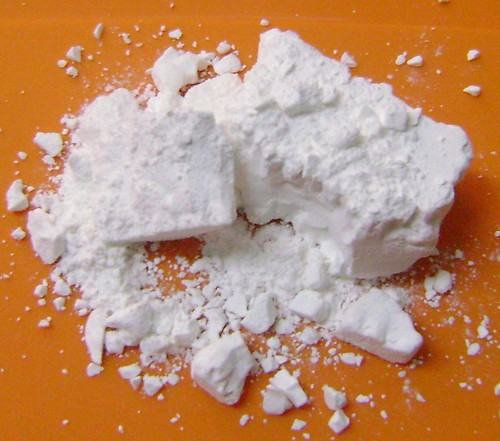Cocaine Withdrawal And Detox
Cocaine withdrawal and detox can be challenging experiences for individuals who have developed a dependence on the drug. Withdrawal symptoms can vary in intensity depending on the severity and duration of cocaine use, as well as individual factors such as overall health and genetics. It’s important for individuals going through withdrawal to seek medical guidance and support to safely manage the process.
Here are some key points about cocaine withdrawal and detox:

- Timeline of Withdrawal: Withdrawal symptoms typically begin within a few hours to several days after the last use of cocaine, with peak symptoms occurring within the first week. Symptoms may continue for several weeks or even months, though they tend to diminish in intensity over time.
- Common Withdrawal Symptoms: Withdrawal from cocaine can involve both physical and psychological symptoms, including:
- Fatigue
- Depression
- Anxiety
- Increased appetite
- Vivid dreams
- Agitation
- Irritability
- Cravings for cocaine
- Disturbed sleep patterns
- Slowed thinking
- Medical Complications: Cocaine withdrawal can sometimes lead to severe complications, such as suicidal thoughts, paranoia, and psychosis. In some cases, individuals may also experience cardiovascular issues like increased heart rate and blood pressure, which can be dangerous, especially for those with preexisting heart conditions.
- Detoxification: Detoxification from cocaine typically involves discontinuing use of the drug and managing withdrawal symptoms under medical supervision. While there are no specific medications approved for treating cocaine withdrawal, healthcare professionals may prescribe medications to alleviate certain symptoms or address co-occurring conditions such as depression or anxiety.
- Supportive Care: In addition to medical supervision, individuals undergoing cocaine detox may benefit from supportive care, including counseling, therapy, and participation in support groups such as Cocaine Anonymous. These services can help individuals address the underlying issues contributing to their substance use and develop strategies for maintaining sobriety.

- Aftercare Planning: Detox is just the first step in the recovery process. It’s essential for individuals to engage in ongoing treatment and support to prevent relapse and maintain long-term sobriety. Aftercare options may include outpatient therapy, residential treatment programs, sober living arrangements, and continued participation in support groups.
- Self-Care: Engaging in self-care practices such as regular exercise, healthy eating, adequate sleep, and stress management techniques can also support recovery from cocaine addiction and promote overall well-being.
It’s important for individuals struggling with cocaine addiction to seek professional help and support from qualified healthcare providers and addiction specialists. Recovery is possible with the right resources, treatment, and support network in place.


